Could White Teeth Help You Land a Job Interview?
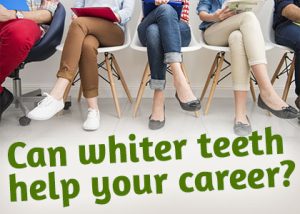 A recent, three-part study by Crest® puts numbers to what most of us already knew – white teeth are beautiful and powerful! The study used both qualitative and quantitative measures in multiple settings to determine what effect white teeth can have on a person’s life.
A recent, three-part study by Crest® puts numbers to what most of us already knew – white teeth are beautiful and powerful! The study used both qualitative and quantitative measures in multiple settings to determine what effect white teeth can have on a person’s life.
In a portion of the study on employment, researchers found that whiter teeth greatly increased a person’s chance of being offered jobs but also of receiving higher pay. In a portion of the study on romance, subjects went on simulated dates and found the dates were more successful after their teeth had been whitened.
Dr. Dacher Keltner, a smile psychologist and psychology professor, says, “This study provides some of the first findings that speak to the powerful benefits of having a whiter smile.”
Why We Like White Teeth
There’s no arguing it, people like white teeth – on themselves and on others. Perhaps this is because white teeth appear healthier and cleaner. Some scientists also guess that having white teeth is a sign of good genetics, which is attractive to potential mates. Dr. Keltner says a white smile is “the intense focus of what other people look at, and a sign of our warmth, confidence, and health.”
Why Some Teeth are Whiter
Healthy, white teeth come in a variety of hues and shades. We are all unique, and so are our smiles. The white of your teeth actually comes from the outer layer, the enamel. Healthy enamel is like a strong bone and protects the inner layers of your teeth. Protecting your enamel is a good way to maintain white teeth.
Some people still have naturally whiter teeth than others. Maybe it’s a result of good oral hygiene, maybe it’s just good genetics, or maybe they’re just young enough that their teeth haven’t started yellowing yet. Unfortunately, all of our teeth tend to yellow and discolor with age.
Some bad habits that stain your teeth include:
- Smoking or chewing tobacco
- Drinking red wine
- Drinking coffee
- Drinking cola
- Eating dark-colored berries
- Taking certain medications (i.e.,tetracycline)
How You Can Get White Teeth
People have used a variety of products and procedures since the beginning of time to brighten their smiles. In ancient Egypt, white teeth were a sign of beauty and wealth. The ancient Egyptians used a paste made of ground pumice and wine vinegar to whiten their teeth.
Modern bleaching with peroxide and trays was an accidental discovery. Dentists knew that peroxide was a good antiseptic and used it to treat gum disease. As they tried to find ways to keep the peroxide on the gums for prolonged periods of time, they saw the peroxide also made teeth whiter! Today, whitening products come in all forms: strips, trays, paste, rinses, and laser lights to speed up the process.
Not all teeth have to be blinding or unnatural looking to pass the test. Your dentist can help you determine the best shade of white for your own teeth based on the rest of your coloring. Excessive teeth bleaching may increase your tooth sensitivity, so consult with your Portland dentist before you start any whitening treatment.
If you’d like a consultation for teeth whitening or any other oral health goals, contact us today!
The content of this blog is not intended to be a substitute for professional medical advice, diagnosis, or treatment. Always seek the advice of qualified health providers with questions you may have regarding medical conditions.


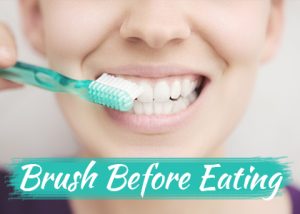
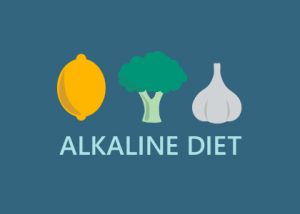
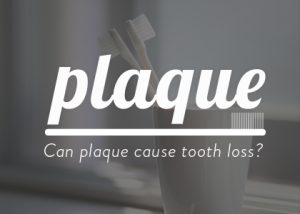
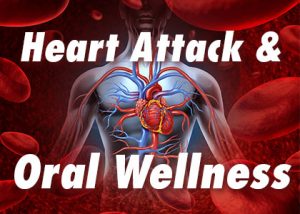
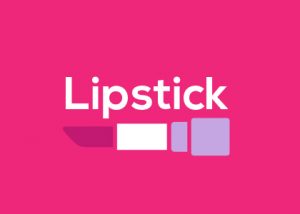
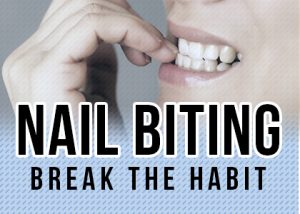
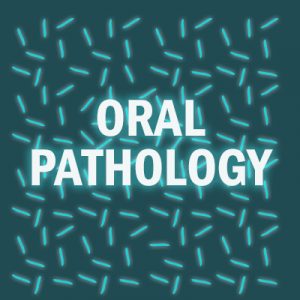
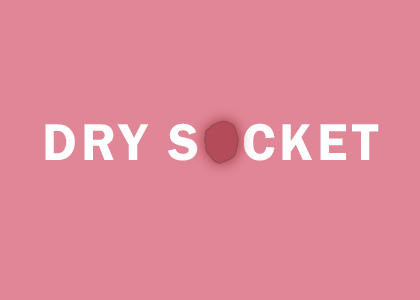 The dreaded words of warning for anyone who has a
The dreaded words of warning for anyone who has a